Decarbonisation of the Maritime Industry
A statement from the 2nd Maritime Industry Australia Ltd Maritime Decarbonisation Summit, 12 October 2022, Sydney.
The Australian maritime industry, energy, academic and government stakeholders, met for the 2nd Maritime Decarbonisation Summit in Sydney to progress discussions on decarbonising Australia’s maritime sector. Key conclusions from this summit were:
- To achieve meaningful progress towards meeting our 2030 and 2050 targets we require government leadership to create an enabling environment that shares risks and accelerates action.
- An enabling environment provides policy certainty and regulatory mechanisms to incentivise investment in the scaling up of low and zero carbon fuel production, construction of delivery infrastructure while addressing the cost premium of new fuels compared to conventional fuels to make them accessible to the market.
- Active participation by all stakeholders early is necessary to ensure that decarbonisation is progressed safely and responsibly.
Context
Since the last Summit (April 2022) we have a new Parliament, the makeup of which reflects issues of concern to the Australian public, including action on climate change. Australia’s emissions reduction targets of a 43% from 2005 levels by 2030 and net zero by 2050 is now enshrined in legislation. Also, importantly, the Minister for Infrastructure, Transport, Regional Development, Communications and the Arts recently announced that the ”….Department has already begun work on establishing a unit to work across government –and, importantly, with industry partners –to identify how best the government can work with the transport sector to play our part in achieving net zero.”
MIAL welcomes the legislated 2030 target as an important move for policy certainty and to send the necessary signals to industry to encourage investments in reducing well to wake emissions for shipping and supporting infrastructure. We also welcome the Minister’s announcement regarding the Department’s role in coordinating decarbonisation of Australia’s transport sector and we urge the government to quickly to establish the means to progress this important work and ensure close collaboration and alignment between relevant government departments.
We call on the Government to:
- Work with industry and across government portfolios to develop a National Action Plan for Maritime Decarbonisation to identify and prioritise: 1) opportunities for public private partnerships and strategic international alliances to accelerate the development of scale up opportunities, including critical low and zero emissions energy infrastructure, and 2) the critical elements that make up an enabling environment, such as development of the financial tools to de-risk first mover action, fit for purpose standards development that are compatible with global approaches, and policy and regulation to ensure integrity in carbon accounting.
- Urgently consider mechanisms such as a Low Carbon Fuel Standard to create the enabling environment for scaling up production of low and zero carbon fuels and to help make these fuels accessible to the industry.
Through the Summit series, Australia’s maritime industry has demonstrated significant commitment to collaboration to solve the formidable challenge of sustaining Australia’s domestic and international trade and maritime economic activity while reducing emissions on the path to net zero. We are faced with tightening international regulation on carbon intensity, growing community focus on scope 3 emissions and pressure to keep transport costs low. We need rapid implementation of alternative low and zero carbon fuels to be safely available to the industry at scale and at a reasonable price.
We look forward to the continued cross industry collaborations and to beginning the necessary work across government agencies to create the policy and regulatory environment required for this rapid transition.

